1984
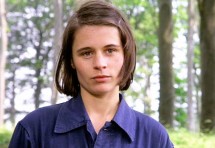
"We shall meet in the place where there is no darkness."
(by George Orwell)
[films by Michael Anderson (1956) and Michael Radford (1984)]“It was a bright cold day in April, and the clocks were striking thirteen.” Thus does George Orwell dare start his last book with the dreaded weather line (cf. Bulwer Lytton), yet it works brilliantly. All of this Miltonian tract works brilliantly.
It does because George was a certified seer, a genius. As Anthony Burgess wrote of 1984: “a mere novel, an artefact meant primarily for diversion, has been scaring the pants off us all. It is possible to say that the ghastly future Orwell foretold has not come about simply because he foretold it: we were warned in time.”*
Oceania is a world of lies, where human nature must be concealed, language is corrupted to close down heresy, and the truth is handed out by the State, and infinitely malleable. A lot like the Soviet Union c. 1934 – 1984, or Saudi Arabia and North Korea today. Winston Smith is a most unlikely, vulnerable rebel, which makes the enormity of his oppression even more terrible. He is attracted to co-worker Julia and they start an affair in which Big Brother is cuckold. And he bites back, with all of his formidable resources: an intelligentsia that constitutes the oppressive single political entity; thought control of an international scope; a fully cowed underclass; television screens that watch you. A nightmare dystopia of shadows, in other words.
Burgess thought 1984 an imperfect, didactic novel. Cyril Connolly suggested it “fails aesthetically through personal despair”^ Christopher Hitchens thought it great in part due to “its conscious analogy to the English Reformation.”** The Varnished Culture thinks the reformation analogy worthy but of a low order importance. We did not fall asleep during the dialectics of the Trotskyite Goldstein. We consider 1984 a brilliant novel, visionary with respect to past, present and future.
It is relentless, clear, fresh, and unremittingly sad. “Under the spreading chestnut tree…I sold you and you sold me.”
The 1956 film version is good, but showing its age. The 1984 film, aptly, is best, an alternately gritty and surreal fantasy of fear and gloom, and despair, featuring John Hurt as the ideal Winston, Cyril Cusack the ambiguous shopkeeper, and Richard Burton sublime as O’Brien, a high Party official.
It has been asserted that Orwell was something of a nostalgic romantic, who pined for a little England free from the lethal orthodoxies of his age. ‘Oranges and lemons, say the bells of St. Clemons’…There are worse things to regret.
[*Ninety-Nine Novels, introduction and p.46.] [^Previous Convictions, p. 319.] [**”The Men Who Made England” The Atlantic 2010.]Leave a comment...
While your email address is required to post a comment, it will NOT be published.

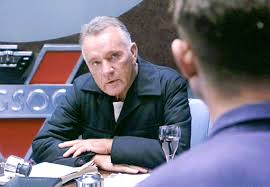
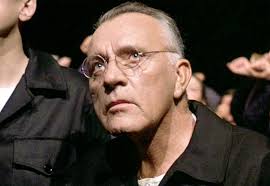
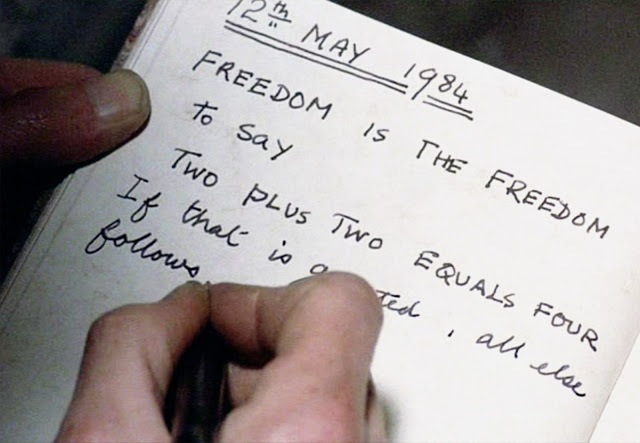
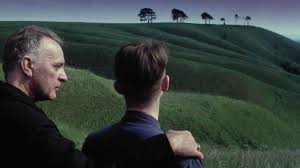

0 Comments